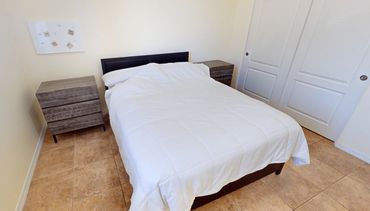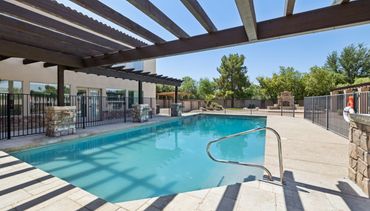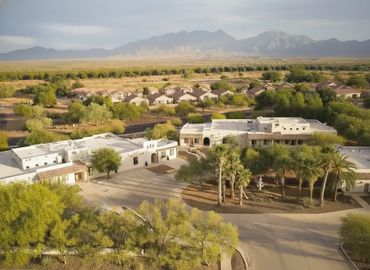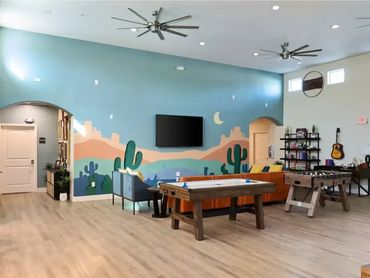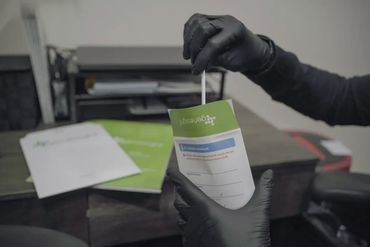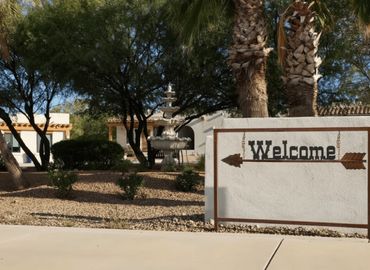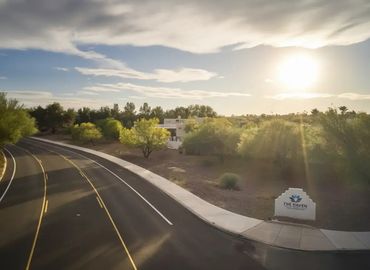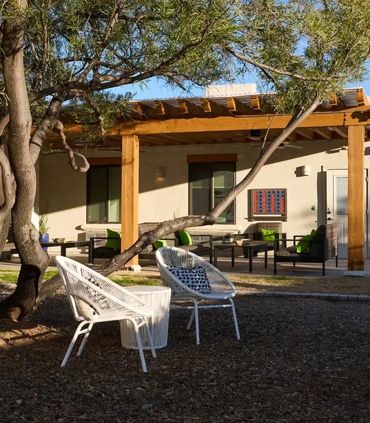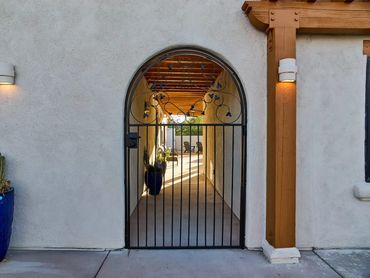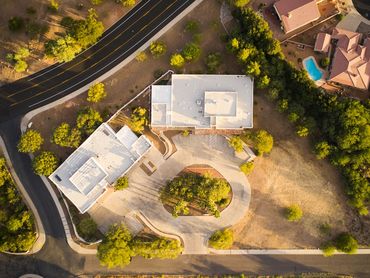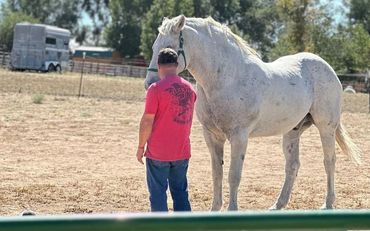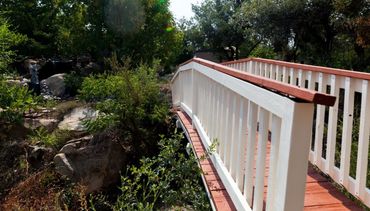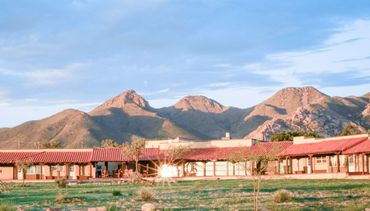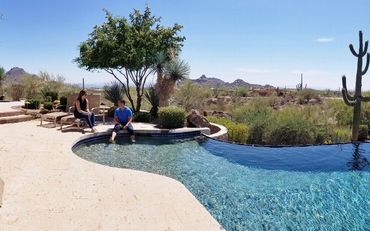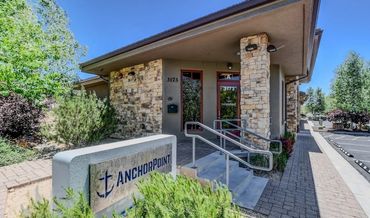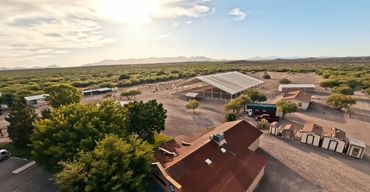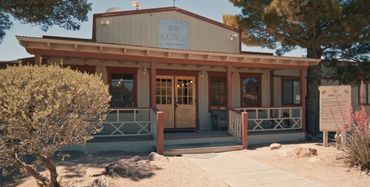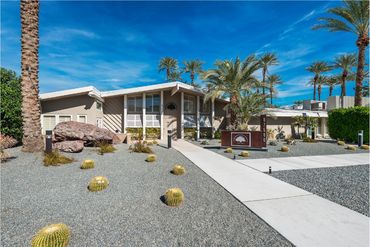
Cognitive Behavioral Therapy (CBT) for Addiction in Arizona
Find Cognitive Behavioral Therapy (CBT) treatment for addiction in Arizona. CBT helps treat addiction by identifying triggers, changing harmful thought patterns, building coping skills, and preventing relapse through improved self-awareness and decision-making. Find CBT treatment centers in Arizona today!
Treatment Centers in Arizona
Open to Travel? Check out Top-Rated Options
All Treatment Centers in Arizona
Are You Covered For Treatment?
- Phoenix Rehabs
- Tucson Rehabs
- Scottsdale Rehabs
- Prescott Rehabs
- Mesa Rehabs
- Tempe Rehabs
- Glendale Rehabs
- Yuma Rehabs
- Chandler Rehabs
- Gilbert Rehabs
Rehab Insurance Coverage in Arizona
Rehab Centers in Arizona
Information About Rehab in Arizona
Latest Reviews
Latest Reviews of Rehabs in Arizona
ACT Counseling & Education
Trained at Hazelden and worked there for seven years. Three years in an extended program for women. Certified to work with compulsive gamblers over ten years. Strengths include experience of staff, patient needs come first. Training for interns.
Sabino Recovery
Until I decided I was willing to go to any lengths to stay sober and learn healthy tools to cope with my fears, I did not begin to heal, be present, and live life on life’s terms. SR provided an amazing foundation to my recovery process. During my stay as a resident, I met some of the most loving competent compassionate recovery staff and the most trustworthy safe fun group of residents, I could have ever imagined. I was able to be my true self without feeling as though I was being judged. SR’s program met my needs beyond expectations. Was everything perfect every moment of my stay? Of course not. But, it was perfect enough that I miss (just about) everyone I encountered, the daily therapies/activities, and the facility itself almost 2 yrs later of my stay in 2016. Again, SR helped lay the foundation for my recovery (with individual, small group therapy, alternative therapies: EMDR, somatic sensory experience, massage, yoga, equine, and the list goes on). It was then up to me to make a decision to continue on my journey of recovery and practice what I had learned at SR. I am proud to say I am more comfortable in my own skin then I have ever been in my life. SR was truly the jump start I needed to stay sober, save my life, not injure another human being’s life, mend relationships, and go to sleep at night/wake up without paralyzing/crippling/debilitating/agonizing fear of what lies ahead. I went through an extremely difficult rough patch shortly after leaving SR. I called SR asking for help. The CEO returned my call almost immediately with suggestions of how to proceed and move forward with my recovery. I took his suggestions to heart, and acted on them immediately. The staff has been by my side, when I’ve asked for help or wanted to make a connection ever since my stay. Honestly! ! I am still in contact with many of he residents that I met during my stay, with whom I’ll always consider a part of my extended family no matter what. The SR staff and residents know a huge part of me that most others don’t. They have accepted the good and not so good. Again, SR is not a instant/quick fix. I had to want to stay sober and healthy. So, I continue living with a daily personal recovery program that works for me. Much of it includes things that I learned about myself, from others, and from the multitude of therapies at SR. Recovery is a daily part of my life, and I embrace it. Everyone could be in recovery from something. SR is my place where it all began. And, for that, I will always be grateful.
About Arizona
Arizona is a state known for its diverse geography, rich culture, and unique attractions. The Grand Canyon, one of the world’s seven natural wonders, is located in Arizona, attracting millions of visitors each year. The state is also home to bustling cities such as Phoenix, Tucson, and Flagstaff, each with their own distinct personality and charm.
Arizona’s population of over 7 million1 is made up of a mix of Native American, Hispanic, and Anglo-American cultures, resulting in a vibrant and diverse community. With its warm climate and stunning landscapes, Arizona is a popular destination for outdoor enthusiasts, history buffs, and anyone looking to experience the beauty of the American Southwest.
Addiction in Arizona
Unfortunately, addiction is a serious issue in Arizona, with opioids being a major concern. The state has a higher rate of prescription drug misuse than the national average, according to the National Survey on Drug Use and Health.2 During 2017–2019, the average prevalence of past-year prescription pain reliever misuse in Arizona was 4.4% (or 263,000), compared to the national average (3.7%).2
In 2021, there were 38.7 drug overdose deaths per 100,000 people in Arizona, with 2,730 fatalities reported within that year alone.3 One of the contributors to the drug epidemic in Arizona is the state’s proximity to the Mexican border.
The southern region of Arizona falls under the High Intensity Drug Trafficking Area (HIDTA) and is a significant arrival point for large quantities of marijuana, methamphetamine, and to some extent, cocaine and heroin.4 These drugs are smuggled into the United States from Mexico, with Mexican drug trafficking organizations controlling this activity. This distribution of illicit drugs at both wholesale and retail levels in Arizona continues to prompt substance misuse and public safety concerns.4
Addiction Treatment in Arizona
If you are struggling with substance misuse or a substance use disorder, you are not alone. You can recover and lead a happy, fulfilling life, but it is important that you seek professional help. There are various levels of addiction treatment available in Arizona, including the following:
- Detox: Detox is typically the first stage of addiction treatment and involves removing harmful substances from the body under medical supervision. This is often done within a clinical setting as to treat withdrawal symptoms or any adverse side effects that may arise.
- Inpatient Treatment: Inpatient treatment is an intensive rehabilitation service that provides 24-hour care within a hospital or residential setting. Inpatient treatment programs are highly individualized, allowing you to design a treatment plan that suits your unique needs.
- Outpatient Treatment: Outpatient treatment allows you to receive care while living at home or in a sober living environment. These programs are often reserved for individuals with mild to moderate substance use disorders. During outpatient treatment, time commitments and levels of care vary based on your treatment needs and the severity of addiction.
Different therapies and specialized treatments, such as behavioral therapies, medication-assisted treatment (MAT), and holistic therapies, are offered in many of the above treatment programs.
Additionally, luxury rehabs and privately funded rehabs are also available options. Luxury rehabs offer top-tier amenities and lavish facilities, whereas privately funded rehabs are usually funded through private insurance or out-of-pocket payments and may offer similar amenities and specialized care.
To find local rehab options, you can use an online search tool that allows you explore treatment centers in your area and apply filters to meet your preferences and requirements.
How Much Does Rehab Cost?
Insurance typically covers at least a portion of treatment costs due to substance use disorders being recognized as a medical condition that requires professional intervention. Under the Affordable Care Act, insurance providers are required to provide treatment coverage for these disorders as part of their essential health benefits. Depending on your insurance plan, addiction treatment may be covered in full or in part.
If you are uninsured, there are still options available to you. State-funded addiction treatment programs are programs that are partially or fully funded by the government. These programs are intended to help individuals who do not have insurance or cannot afford addiction treatment.
While state-funded addiction treatment programs can provide valuable support for individuals struggling with addiction, it’s important to note that these programs may have limited resources and waitlists. It’s important for individuals to do their research and choose a program that meets their specific needs.
In-Network Insurance Options
Length of Stay in Rehab
The duration of treatment is a crucial factor that can affect the effectiveness of the therapy. To determine the suitable length of stay, it is advisable to seek guidance from a healthcare provider or addiction specialist who can evaluate your specific condition. The available program options typically range from 30-day, 60-day, to 90-day programs.
Long-term rehab is also an option and the duration varies, ranging from 6 months to 2 years or more based on different factors, which include your care requirements, the treatment center you’re attending, and the specific program.
Recovery Starts Today
Achieving successful recovery from addiction requires finding treatment that meets your individual needs. With the appropriate support, it’s possible to make positive changes and lead a fulfilling, healthy, and sober life. It’s time to take the first step towards a brighter future. Remember that addiction is a treatable condition, and you don’t have to face it alone.
Sources:
- United States Census Bureau. July 1,2022. QuickFacts-Arizona.
- Substance Abuse and Mental Health Services Administration. 2019 National Survey on Drug Use and Health. 2019. Behavioral Health Barometer: Arizona, Volume 6.
- Centers for Disease Control and Prevention. Drug Overdose Mortality by State. 2021.
- S. Department of Justice. Arizona High Intensity Drug Trafficking Area. 2010. Drug Market Analysis 2010.

